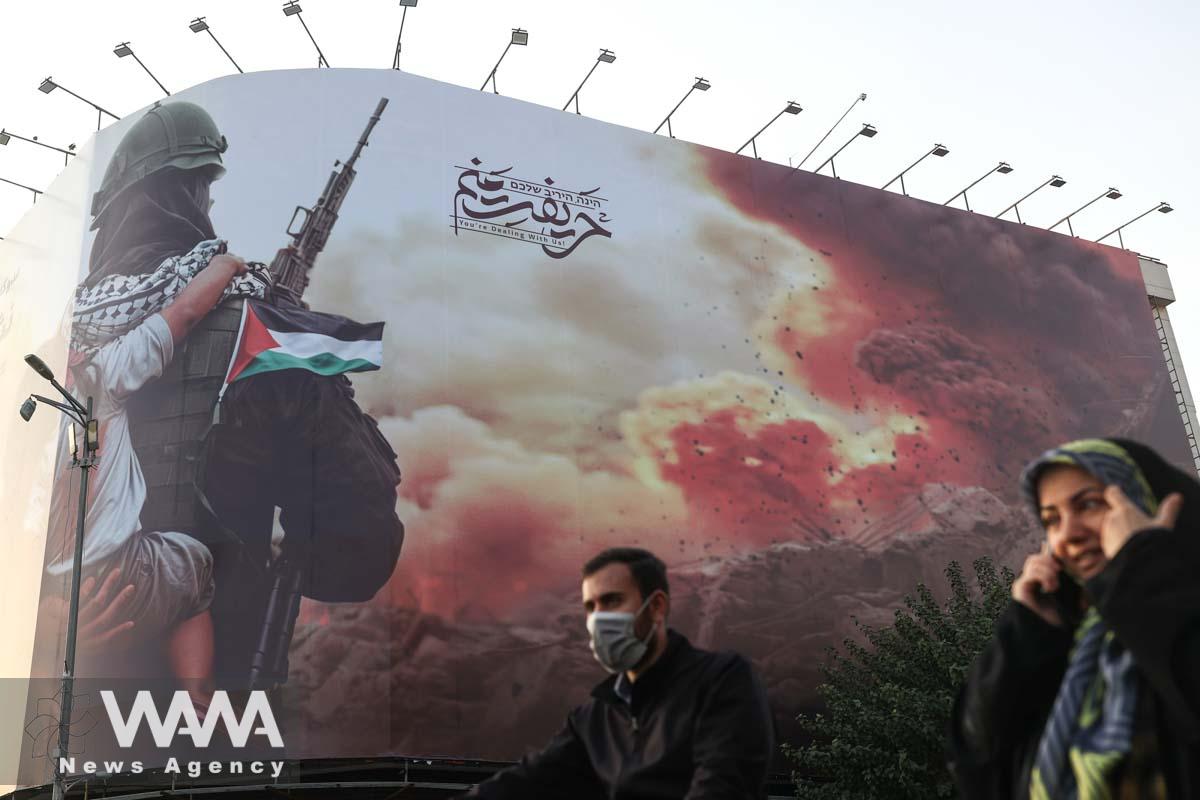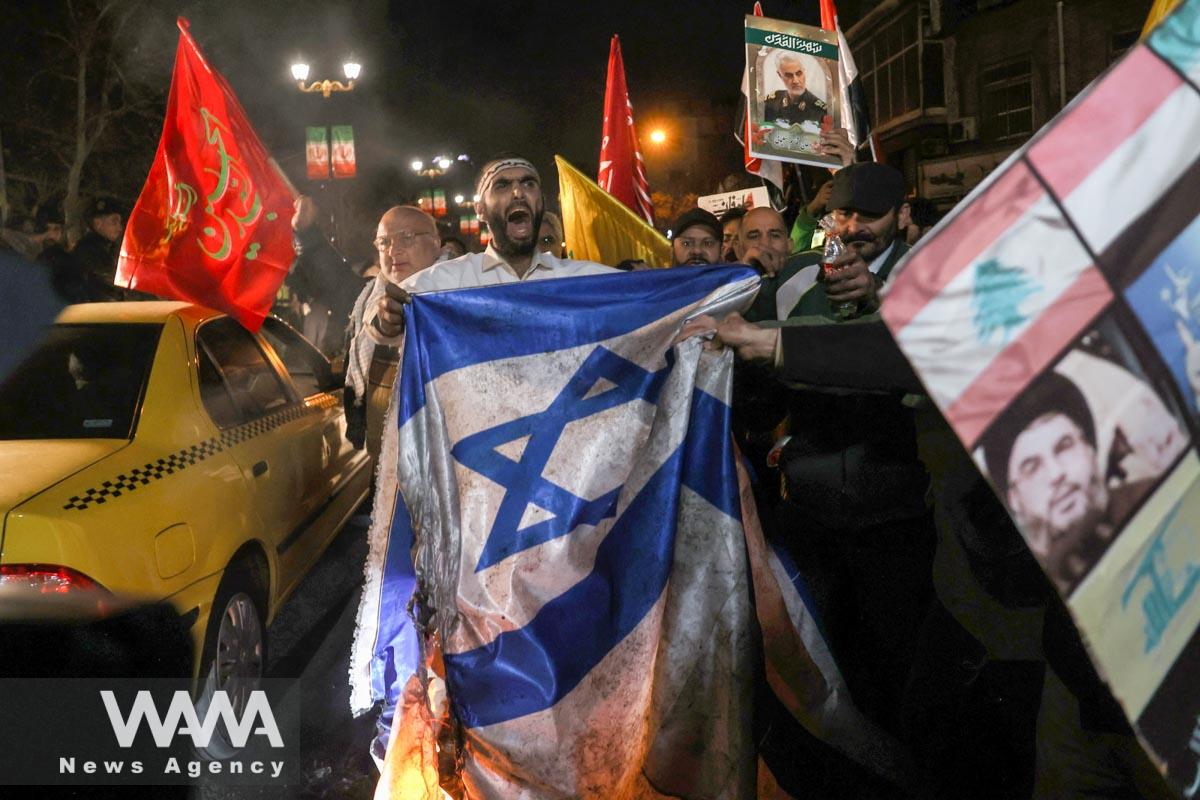The Al-Aqsa Storm: A Political Earthquake that Changed Everything
WANA (Sep 23) – For years, the world believed that the Palestinian issue was an old and complex case that could be resolved through political negotiations and compromise-based solutions.
The Israeli regime, though an occupying force, was accepted as a “reality,” and Western countries, especially the U.S., tried to solidify this reality through their power. From their perspective, Palestine was no longer a priority, but rather a manageable problem.
However, just when everything seemed calm on the surface, the Al-Aqsa Storm came and disrupted the game. This operation was not just a military attack; it reminded the world that the Palestinian issue had never been sidelined.
Antonio Guterres, the UN Secretary-General, responded quickly to the event, warning, “Ignoring the rights of the Palestinian people will only lead to a new cycle of violence.”

The Managerial Paradox of the United States in the Al-Aqsa Storm
WANA (Mar 11) – From the outset of the Al-Aqsa operation, the United States has wholeheartedly aligned itself with the Zionist regime. In practical terms, it has pursued political, logistical, operational, financial, and regional objectives, all in the hope of securing a triumphant conclusion for the Zionists and ensuring its own hegemony. There is no […]
Changing the Game
This operation questioned everything that the great powers had been relying on. Palestinian resistance groups, previously labeled as terrorists by some countries, now became key players on the stage.
Even those who thought they could engineer decisions from afar, like U.S. National Security Advisor Jake Sullivan, acknowledged the necessity of these groups’ involvement. He stated in a different tone, “You cannot ignore Palestinian resistance and expect to achieve peace.”
This marked a significant shift in the balance of power. Israel, which had long held the upper hand in the region, suddenly faced a new reality: the resistance is not only alive but stronger than ever.
The Collapse of Old Equations
These changes led to the collapse of many previous assumptions. Powers that had once downplayed the role of the resistance were now forced to reconsider. Naftali Bennett, the former Israeli Prime Minister, admitted, “We can no longer ignore the popular and military strength of Palestinian groups.”

Protesters burn the Israeli flag during a gathering in support of Yemen in front of the British embassy in Tehran, Iran, January 12, 2024. Majid Asgaripour/WANA (West Asia News Agency)
The failure of the Al-Aqsa Storm fundamentally altered the equations. Meir Dagan, the former head of Mossad, clearly stated, “After the Al-Aqsa Storm, no plan can proceed without considering the role of Palestinian resistance.”
This was not only a military defeat but also a strategic failure for the Israeli regime. Powers that had previously relied solely on military tools are now being forced to reassess their policies. Iran’s Supreme Leader also emphasized this point, stating, “The Al-Aqsa Storm dealt an irreparable blow to the Israeli regime.”
The Al-Aqsa Storm demonstrated that there is no solution to the Palestinian issue unless the rights of the Palestinian people are recognized and the voice of their resistance is heard.













